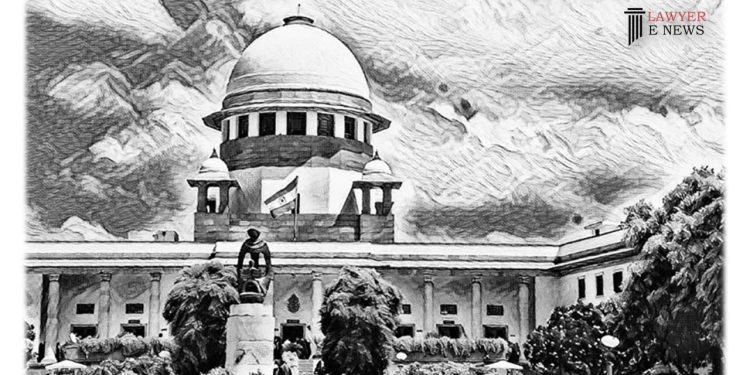-
by Admin
15 February 2026 5:35 AM



The Supreme Court of India has ruled that the transfer pricing determination of the arm's length price (ALP) by the Income Tax Appellate Tribunal (ITAT) is not final and cannot be immune to scrutiny by the High Court in an appeal under Section 260A of the Income Tax Act (IT Act). The decision came in a batch of appeals filed by the Revenue in which the Karnataka High Court had dismissed the appeals preferred by the Revenue in which the Revenue challenged the determination of the ALP by the ITAT, relying upon and/or considering the decision of the Karnataka High Court in the case of Softbrands India (P) Ltd. .
The court stated that while determining the ALP, the ITAT must follow the guidelines stipulated under Chapter X of the IT Act, namely Sections 92, 92A to 92CA, 92D, 92E, and 92F of the Act and Rules 10A to 10E of the Rules. Any determination of the ALP under Chapter X, de hors the relevant provisions of the guidelines, can be considered as perverse and it may be considered as a substantial question of law as perversity itself can be said to be a substantial question of law.
The court noted that the Karnataka High Court's absolute proposition of law that the ITAT's determination of the ALP shall be final and cannot be the subject matter of scrutiny under Section 260A of the IT Act cannot be accepted. The court stated that in each case, the High Court should examine whether the guidelines laid down in the Act and the Rules are followed while determining the ALP.
Therefore, the Supreme Court quashed and set aside the impugned judgments and orders passed by the High Courts dismissing the Revenue's appeals and remitted the matters back to the concerned High Courts to decide and dispose of the respective appeals afresh in light of the observations made and to examine whether in each case while determining the ALP, the guidelines laid down under the Act and the Rules are followed or not, and whether the findings recorded by the ITAT while determining the ALP are perverse or not.
The court allowed all the appeals and clarified that it had not entered into the merits of the cases at all and had not expressed anything on the determination of the ALP in the case of respective assessees, either in favour of the assessees or in favour of the Revenue.
SAP LABS INDIA PRIVATE LIMITED vs INCOME TAX OFFICER, CIRCLE 6, BANGALORE
